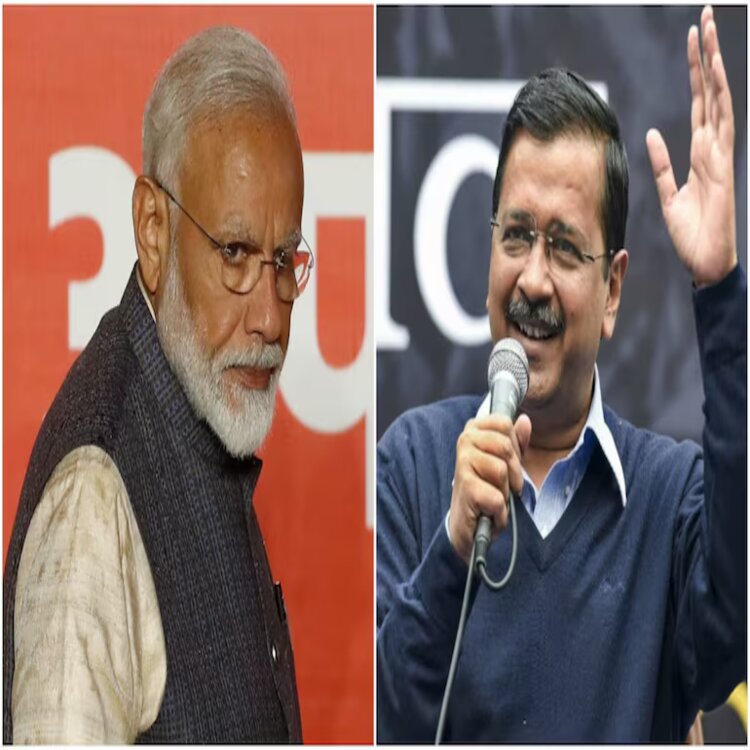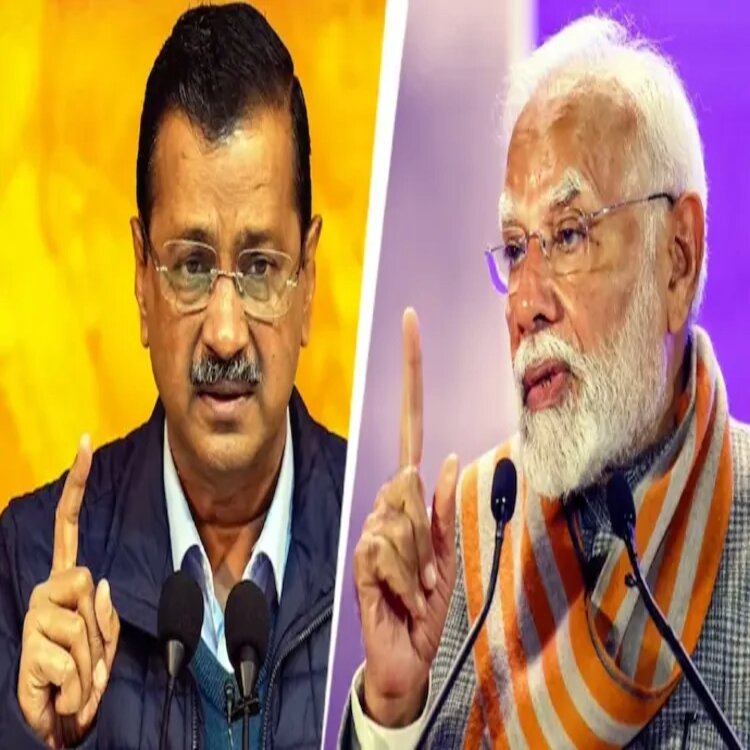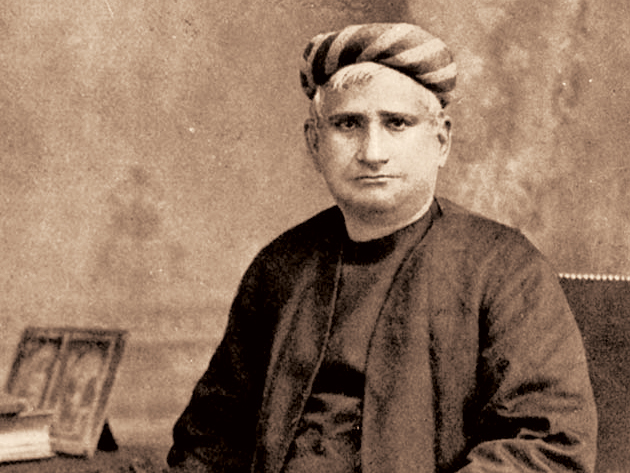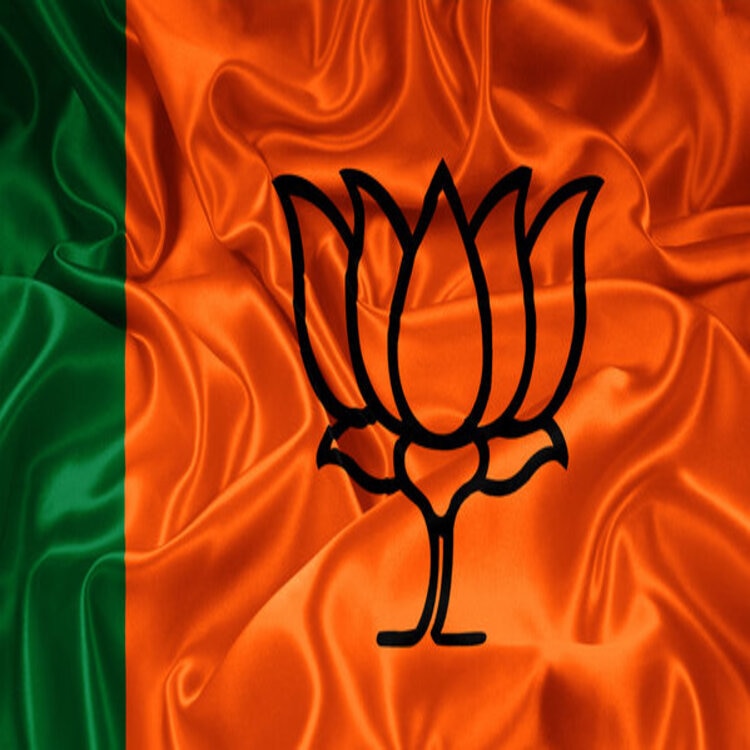You Can’t Be a Full-Time Political Party with a Freelance Ideology
Editor : Rishi | 08 February, 2025
The BJP’s dominance is a reality that cannot be wished away. AAP needs to frame its politics keeping this reality in mind.

Source or Copyright Disclaimer
The Aam Aadmi Party (AAP) and its leader Arvind Kejriwal have suffered a major political setback in Delhi, raising crucial questions about the party’s ideological consistency and governance model. The recent election results, which saw BJP’s sweeping victory and the defeat of key AAP leaders, highlight the inherent challenges of running a political party without a clear, stable ideological foundation.
Since its inception, AAP has positioned itself as a party of change, born out of the anti-corruption movement led by Kejriwal and his associates. However, over the years, the party has struggled to maintain a coherent ideology. It has oscillated between left-leaning welfare policies, right-wing nationalism, and populist rhetoric, making it difficult for voters to define its core principles.
This lack of ideological clarity has cost AAP heavily in the latest elections. While the party initially gained traction by portraying itself as an alternative to both Congress and BJP, its frequent policy flip-flops have eroded public trust. In contrast, BJP’s disciplined approach and clear ideological positioning have resonated more effectively with voters.
One of the key factors behind AAP’s decline is its opportunistic political strategy. Rather than developing a long-term vision for governance, the party has often resorted to short-term populism. From offering freebies like free electricity and water to making ambitious but unfulfilled promises, AAP has focused more on electoral gains than sustainable governance.
Moreover, Kejriwal’s national ambitions have further diluted the party’s focus. Attempting to expand AAP’s influence beyond Delhi without strengthening its ideological foundation has led to electoral defeats in states like Punjab, Gujarat, and now its home turf, Delhi. The party’s inability to build a consistent narrative across different states has weakened its credibility.
AAP’s defeat in Delhi should serve as a wake-up call for Kejriwal and his party. To remain relevant in Indian politics, AAP must take the following lessons seriously:
Define a Clear Ideology: AAP needs to establish a firm ideological stance instead of shifting its position based on political convenience. Voters prefer consistency over unpredictability.
Prioritize Governance Over Populism: While welfare policies are important, they should be backed by strong governance and long-term economic planning.
Strengthen Leadership and Cadre: Unlike BJP, which has a well-organized party structure, AAP relies heavily on Kejriwal’s charisma. A robust leadership team and grassroots cadre are essential for political sustainability.
Avoid Overexpansion: Instead of spreading too thin, AAP should focus on consolidating its governance model in Delhi before venturing into other states.
Arvind Kejriwal and AAP must recognize that political success requires more than populist measures and strategic alliances. Without a stable ideology and governance model, even the strongest electoral victories can be short-lived. The recent Delhi election results are a reminder that a full-time political party cannot survive with a freelance ideology. If AAP fails to introspect and realign its strategy, its relevance in Indian politics will continue to diminish.




